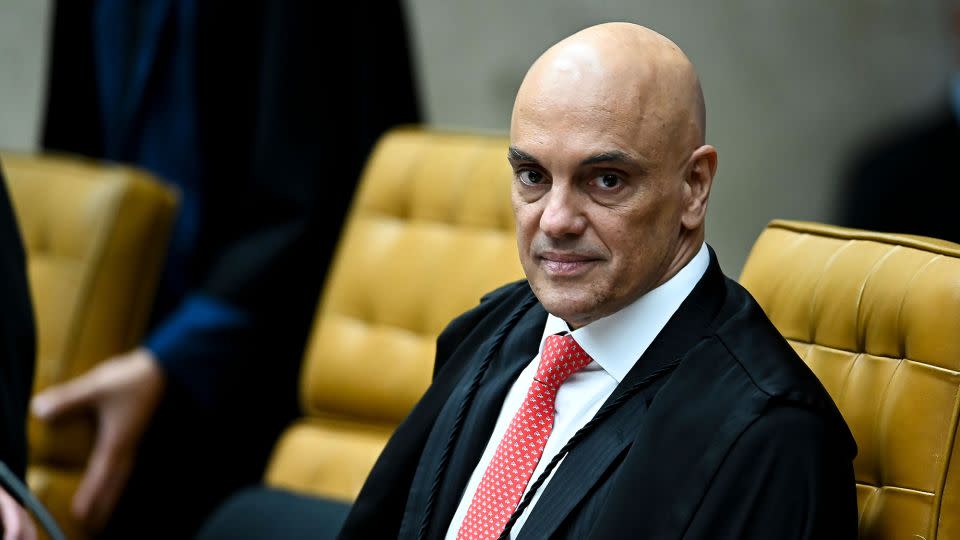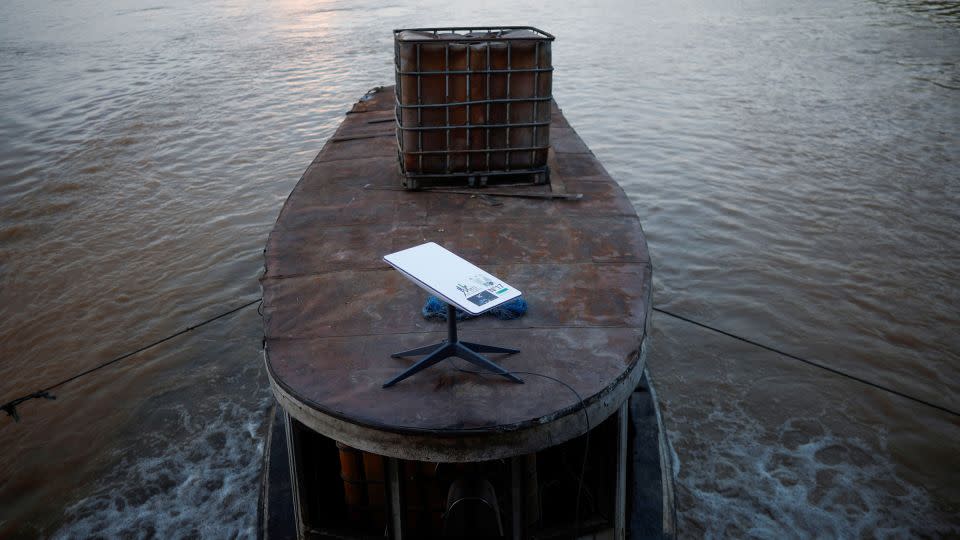Anyone trying to access X in Brazil was blocked on Saturday, after the country enforced a court-ordered suspension of Elon Musk’s social media site.
Over the past 24 hours, Brazilians, including President Luiz Inácio Lula da Silva, have been bidding farewell to X, with some posting links to their profiles on other social media platforms.
Attempts to access the site on a web browser or through the app on Saturday were met with an error message.
The blockage comes after Brazil’s Supreme Court on Friday ordered the suspension of X nationwide, because Musk refused to name a legal representative in the country.
Brazilian law requires companies operating in the jurisdiction to have legal representation. But X, formerly known as Twitter, shut down its Brazilian representative office on August 17 after Justice Alexandre de Moraes threatened to prosecute its local representatives over its reluctance to comply with orders to block users.
It further escalates a monthslong feud over free speech, far-right accounts and misinformation. The Supreme Court previously issued orders to block multiple X accounts as part of Brazil’s sweeping investigation into the spread of misinformation online and hate speech aimed at undermining the country’s democracy.


De Moraes warned Musk on Wednesday night that X could be blocked in Brazil if he failed to comply with the order to name a representative, and established a 24-hour deadline.
He said the platform would remain blocked until it complies.
The feud widened on Friday when the Supreme Court denied an appeal by satellite internet company Starlink – also owned by Musk – to unfreeze its financial accounts, according to CNN affiliate CNN Brazil.
The financial accounts of Starlink, an internet service provider which the tech billionaire also owns through SpaceX, were blocked in the country on Thursday to ensure payment of fines imposed as part of legal disputes involving X.
Starlink is used by more than 250,000 people in Brazil, according to SpaceX. The service, which does not require any cable connection, is particularly popular in the Amazon rainforest and remote rural locations, and is used daily by academics, tourism operators and public officers in the region, as well as Brazilian Army units deployed there.
During Starlink’s appeal, the company argued that the company is not a part of the case against X, and that the order to freeze its accounts violates its basic property rights.


Friday’s ruling on Starlink does not immediately impact the company, though the company warned in a statement Thursday that it “prevents Starlink from conducting financial transactions in that country.”
“This order is based on an unfounded determination that Starlink should be responsible for the fines levied – unconstitutionally – against X,” the internet provider said in the statement, posted on X.
Late on Thursday, Musk said Starlink’s service will remain active for free as the company cannot receive payments due to the judicial order.
“Many remote schools and hospitals depend on SpaceX’s Starlink!” Musk wrote on X.
Brazil is an important market for X, which has struggled with the loss of advertisers since Musk’s acquisition. Some 40 million Brazilians, roughly one-fifth of the population, access X at least once per month, according to market research group Emarketer.
Accounts that the platform previously has shut down on Brazilian orders include lawmakers affiliated with former President Jair Bolsonaro’s right-wing party and activists accused of undermining Brazilian democracy.
Musk, a self-proclaimed “free speech absolutist” who also heads electric vehicle maker Tesla, has repeatedly claimed de Moraes’s actions amount to censorship, and his argument has been echoed by Brazil’s political right.
De Moraes’ defenders have said his actions aimed at X have been lawful, supported by most of the court’s full bench and have served to protect democracy at a time in which it is under threat.
For more CNN news and newsletters create an account at CNN.com







